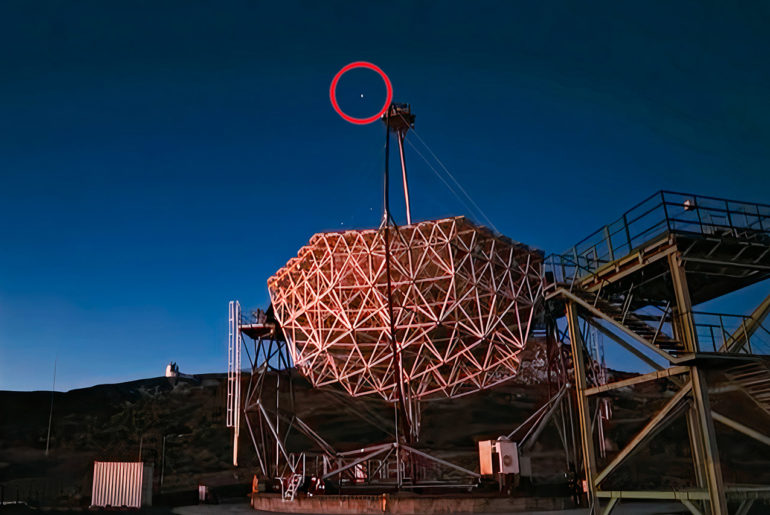
Harvard professor Avi Loeb believes alien technology is waiting to be recovered somewhere in the ocean, while researchers have developed an artificial intelligence-based system designed solely for detecting alien signals. Put simply, the team trained the AI model to recognize signals that natural astrophysical processes couldn’t produce. More specifically , a dataset containing more than 150 terabytes of data collected by the Green Bank Telescope in West Virginia.
In technical terms, this AI system uses a two-step method to identify signals as either radio interference or a potential technosignature: the first uses an autoencoder to identify salient features in the data, powered by four NVIDIA TITAN X GPUs, and second, feeding that data into a random forest classifier to determine if a signal is noteworthy.
- 80 mm refractor telescope with fully coated glass optics and a lightweight frame.
- Custom backpack included to store your telescope and accessories comfortably.
- Observe in no time with a quick and easy, no-tool setup. / Adjustable height tripod.
First, they are present when we look at the star and absent when we look away — as opposed to local interference, which is generally always present. Second, the signals change in frequency over time in a way that makes them appear far from the telescope,” said Steve Croft, Project Scientist for Breakthrough Listen at the Green Bank Telescope.







